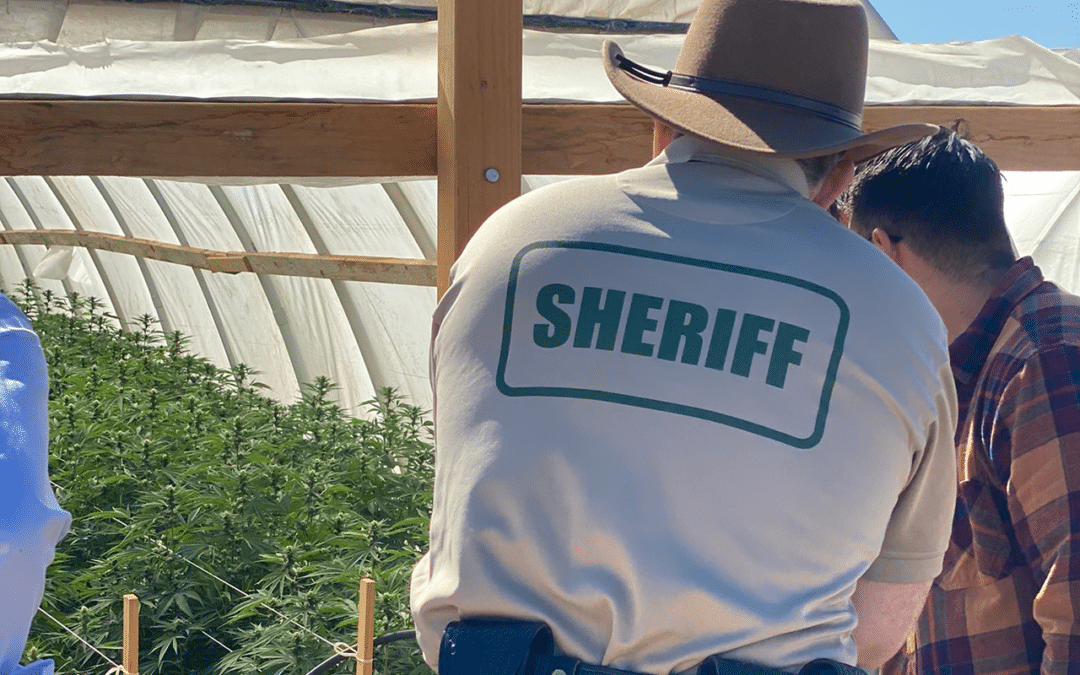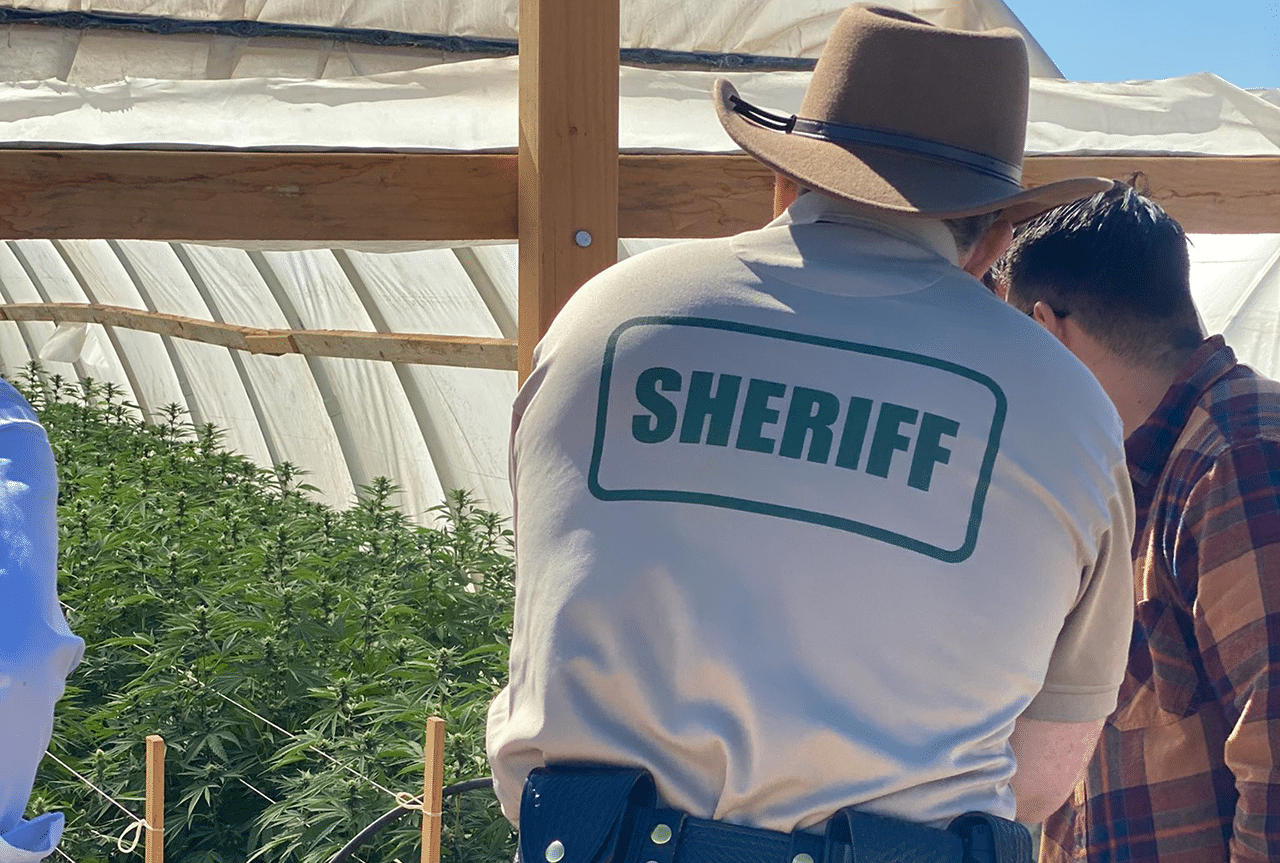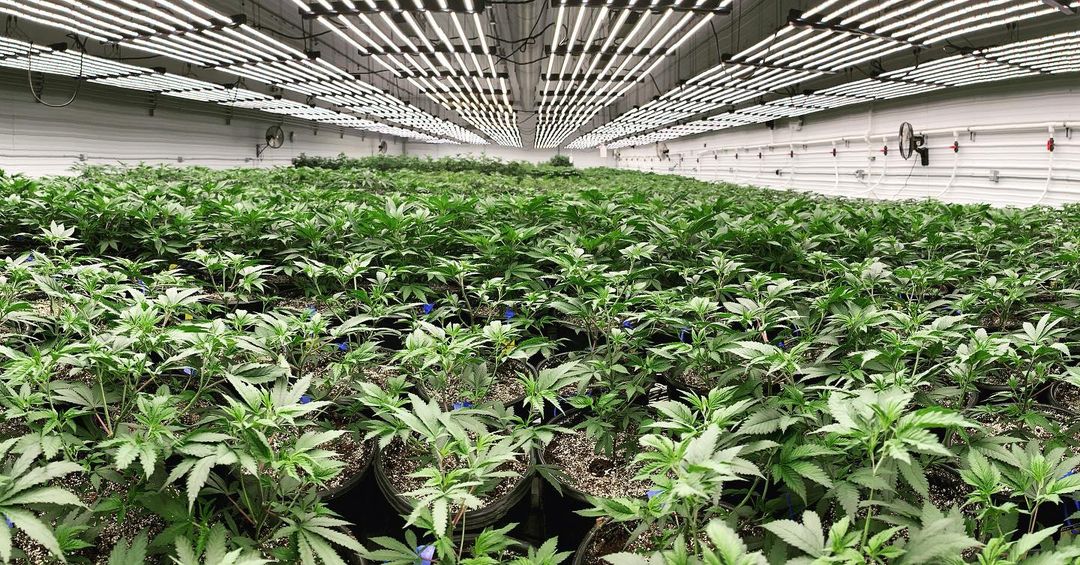
Michigan Governor Signs Legislation to Regulate Delta-8 THC

MICHIGAN — Today Gov. Whitmer signed legislation that will regulate, and cover delta-8 THC derived starting October 11, 2021.
This bill will update definitions regarding cannabis plant products making sure all intoxicating substances will be safety-tested and tracked through the MRA’s statewide monitoring system Michigan Executive Office of the Governor.
“This package of bills continues to show Michigan is the model for the nation in regard to protecting its residents and making sure that those who consume marijuana products do so in a safe manner,” said Gov. Whitmer. “I am glad to see Michigan continuing to lead on the implementation and regulation of a safe, secure marijuana industry, which has already brought tens of millions of dollars in new tax revenue to the state, as well as thousands of well-paying jobs.”
“The team at the MRA has always been committed to transparency and forward thinking and this was once again the case regarding delta-8,” said MRA Executive Director Andrew Brisbo. “We were proud to work with legislators and industry stakeholders to pro-actively address this issue and move an untested, unlicensed intoxicating synthetic product into our licensed and regulated system.”
“The voters of Michigan chose to legalize and regulate marijuana in the interests of justice and public health,” said Rep. Yousef Rabhi, D-Ann Arbor. “We know that banning these substances is not the best way to keep the public safe. But we also know that these psychoactive compounds are currently being sold with no public health standards to anyone, regardless of age. Instead of allowing these new hemp derivatives like Delta 8 to circumvent our world-class regulated system, this new law will apply the same rigorous testing and commercial standards that currently protect consumer safety in the legal marijuana marketplace.”
“I appreciate the support of Governor Whitmer and my legislative partner Representative Rabhi in helping Michigan take an important step in streamlining regulations for the safety of cannabis businesses and people around our state,” said Rep. Jim Lilly, R-Park Twp. “By mirroring Michigan’s existing liquor dram shop law and clearly defining the requirements for a proper injury lawsuit, we are bringing clarity to a previously murky area of our cannabis laws. I am extremely excited to see the Governor not only sign these bills, but also sign bills to protect Michigander’s from unregulated and untested Delta-8 hemp products. This legislation does the right thing by taking these products out of the unregulated marketplace and bringing them under the purview of a well-functioning Marijuana Regulatory Agency.”









